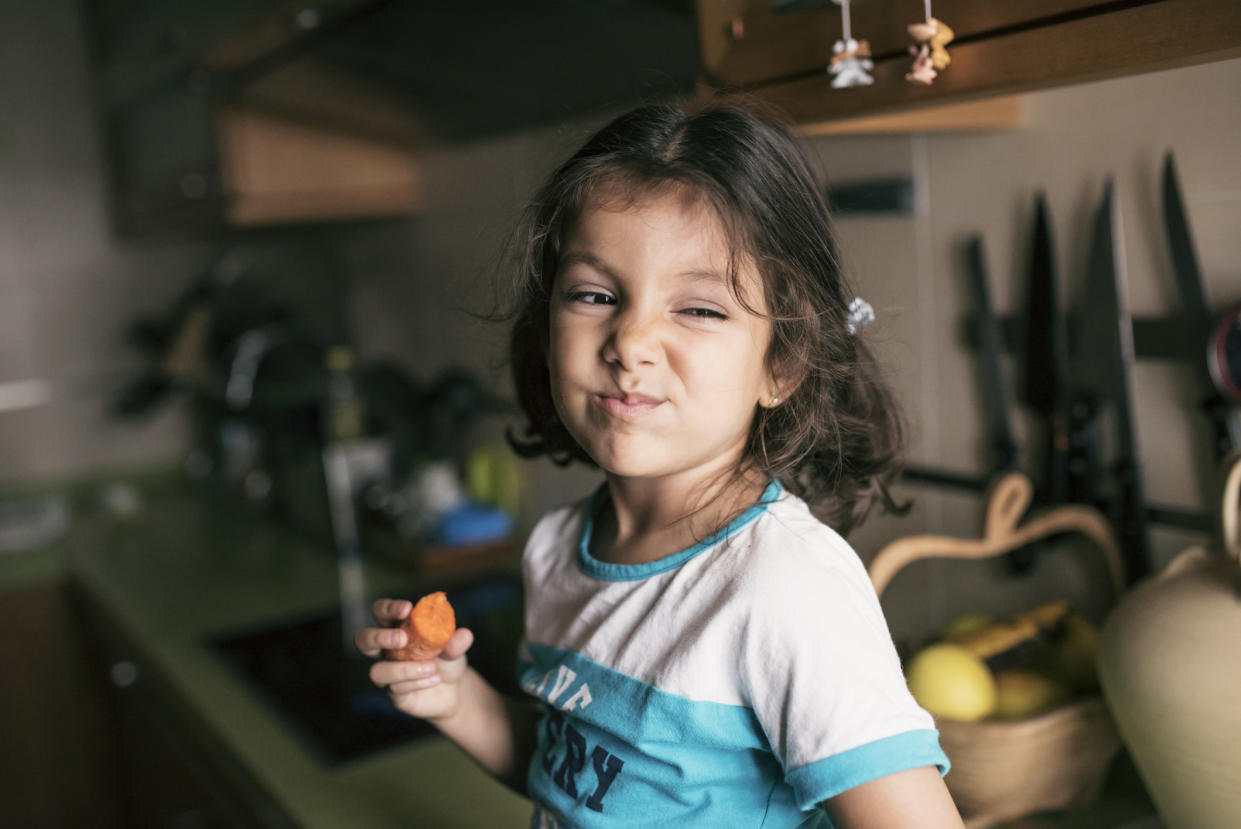Telling children fibs could make them more anxious in later life, study suggests

Many parents have told their child a fib or two, usually with the best of intentions, but new research has suggested this could have an impact on them later in life.
“Eating carrots helps you see in the dark, Father Christmas won’t come if you’re naughty, if you watch too much TV you’ll get square eyes”...
The fibs parents tell their children which are intended to encourage good behaviour may seem harmless enough, but according to the study it could lead to them feeling more anxious in adolescence.
Scientists from China’s Xinyang Normal University suggested telling children these narratives could increase their risk of suffering from anxiety in later life and can also impact teenagers’ relationships with their parents.
Researchers recruited 900 volunteers aged between 10 and 17, 422 boys and 490 girls, to examine the association between parenting by lying in childhood and adolescent anxiety, as well as the impact this has on the ‘parent-child attachment’.
Read more: Should parents tell their children the truth about Father Christmas?
The team describe parenting by lying as the practice by which parents lie to their children to regulate their behaviour.
During the study, participants were asked about fibs told to them when they were young. They then completed psychological questionnaires that examined their ‘parent-child attachment’ and anxiety levels.
The results, published in the Children and Youth Services Review, suggested that there was more anxiety and less of an attachment to parents who had used fibs as a way of encouraging good behaviour during the teenagers’ childhood.
Watch: Anna Williamson advises a mum on telling her children her husband has left her.
Adolescent girls who experienced parenting by lying in childhood had a significantly lower level of parent-child attachment, whereas the effect was not significant for boys.
Commenting on the study findings lead author, Liu Meiting, told the journal Children and Youth Services Review, as reported by Metro: “Parenting through lying was positively associated with anxiety.
“Furthermore, girls who experienced parental lying had lower levels of attachment with their parents, whereas there was no significant difference in boys.”
Meiting believes this could be because boys have a higher tolerance for lying, and girls may be more emotionally reactive to their parents’ behaviour.
“White lies can have damaging effects on adolescents, particularly girls,” Meiting continues. “Parents often have good intentions when they tell white lies, but for their children such lies may create uncertainty and then anxiety.”
Read more: Emma Willis praised for helping 'break down gender stereotypes' with photo of 'style icon' son
Study authors said their research highlights an interesting but under-researched parenting practice and helps to characterise its potential effect on adolescent affective disorders.
And if figures are anything to go by telling well-meaning untruths to children is a pretty common parenting practice.
A recent study, by online card and gift retailer Moonpig.com, suggests 45% of parents tell their children a fib at least once a week and one-fifth (20%) tell them well-intended porkies daily to satisfy their curious minds.
Most parents don’t feel at all guilty about occasionally being less than truthful with their little ones, in fact 58% of mums think answering their child's tricky questions by telling fibs is a great part of being a parent.
Read more: Holly Willoughby shares sweet note son wrote to the tooth fairy and parents can relate

But experts say there’s no simple way of knowing how harmful it can be to tell fibs to children.
Clinical psychologist Linda Blair, believes the key could be the intent behind the lie.
“If the intent is to share and make some events more fun and exciting, for example Father Christmas or the Easter Bunny, then I don't see any harm in that,” she told Belfast Telegraph.
“But if the intent is that you can't be bothered to tell your child the right answer to a question they’ve asked, then I don’t think that’s good.
“In the long run, they'll know less and they’ll also not want to come to you when they want to learn something, and that's going to be terrible when they're teenagers and you really need them to communicate.”



